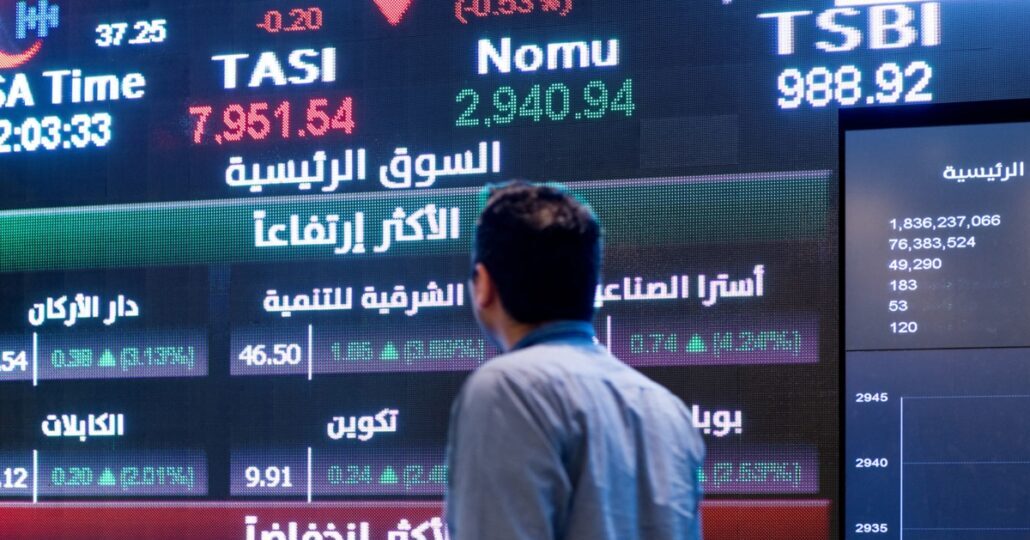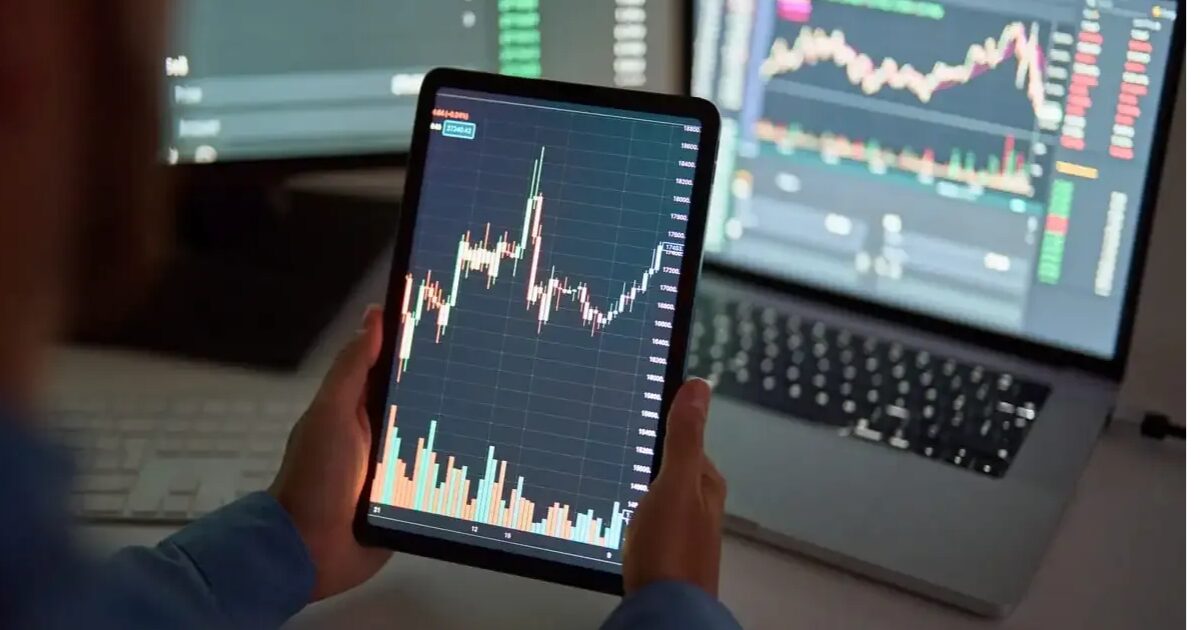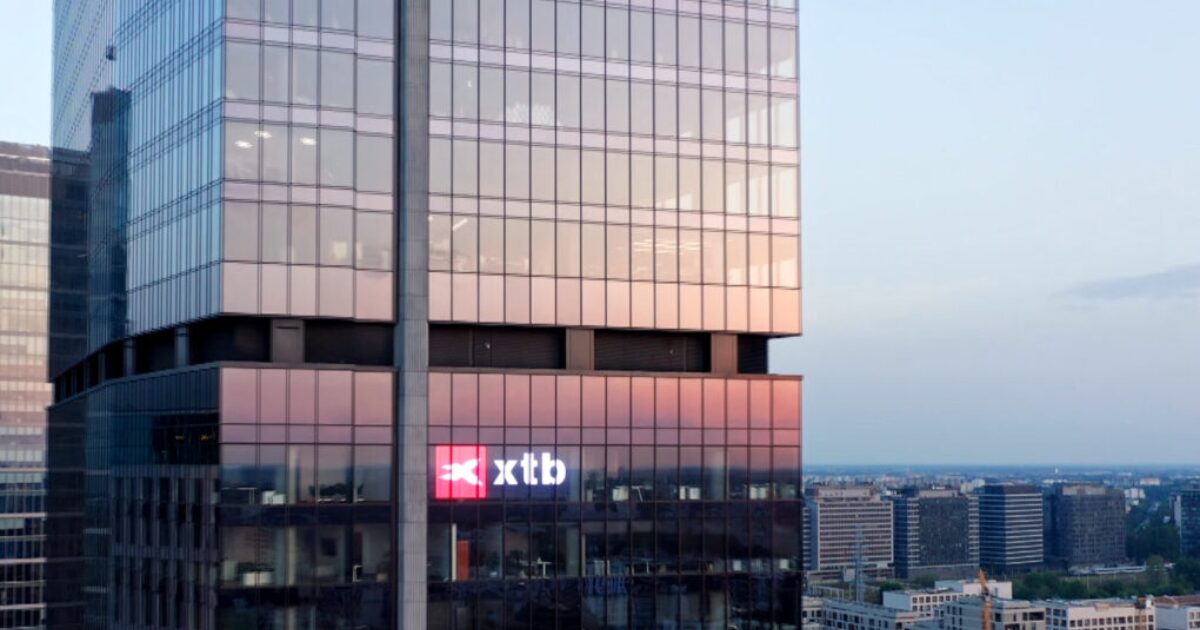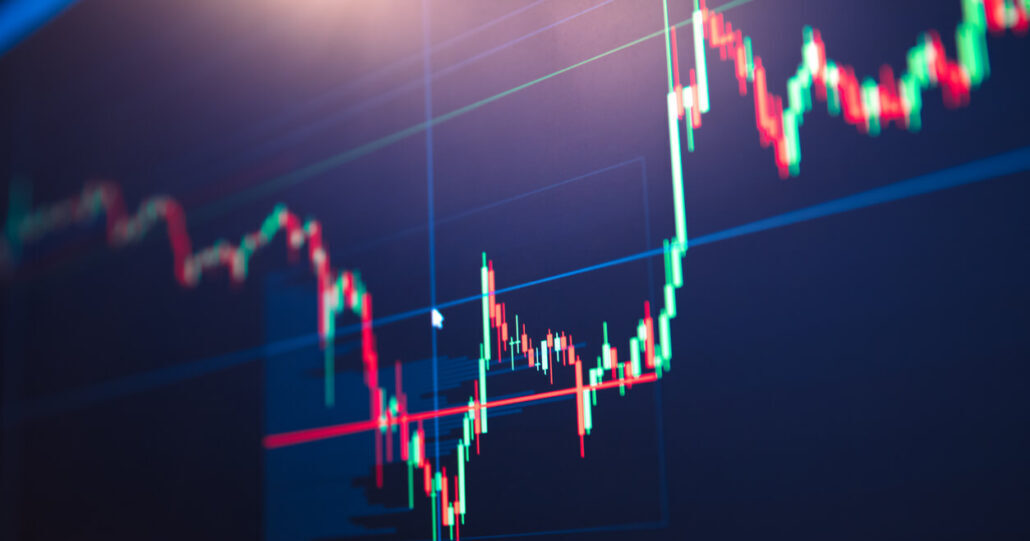How to Buy Shares in Saudi Arabia?
 Sam Reid Staff Writer
Sam Reid Staff Writer
Understanding the Saudi Stock Exchange (Tadawul)
Overview of the Saudi Exchange and Its Role
The Saudi Exchange (Tadawul) is the Kingdom’s official securities exchange and the largest stock market in the Middle East. It operates under the Saudi Tadawul Group, listing over 260 companies with a total market capitalization exceeding SAR 9.6 trillion as of October 2025. Tadawul plays a vital role in channeling capital into national development projects, aligning with Saudi Arabia’s Vision 2030 goals of diversifying the economy beyond oil.
Why Tadawul Matters to Global Investors
Tadawul has evolved into a global investment hub, offering access to blue-chip companies such as Saudi Aramco, SABIC, and Al Rajhi Bank. As part of ongoing market reforms, the exchange is increasingly welcoming foreign institutional investors and aligning its operations with international best practices. For global traders seeking growth in emerging markets, Tadawul represents both scale and stability. These are qualities rarely found together in the region.
Key Features of the Saudi Stock Market
Market Scale and Liquidity
Tadawul consistently ranks among the top ten exchanges worldwide by market capitalization and daily trading value. Average daily turnover in 2025 stood at approximately SAR 5.5 billion, reflecting healthy liquidity and investor confidence.
Regulatory Oversight and Transparency
The exchange operates under the supervision of the Capital Market Authority (CMA), ensuring strict disclosure requirements and investor protection standards. Every listed company is required to maintain transparent reporting, allowing investors access to accurate and timely financial information.
Sector Diversity Driving Growth
The Saudi stock market spans diverse sectors: energy, banking, telecom, healthcare, and manufacturing which create multiple pathways for investors to participate in the Kingdom’s growth story.
Major Sectors at a Glance
Energy and Petrochemicals
The backbone of the Saudi economy, this sector includes industry giants such as Saudi Aramco and SABIC. It attracts long-term institutional capital seeking consistent dividends and exposure to global energy dynamics.
Banking and Finance
Saudi banks such as Al Rajhi and SNB Capital drive liquidity and corporate lending, making them stable picks for investors looking for defensive positions and dividend income.
Telecommunications and Technology
Companies like stc and Elm represent the nation’s pivot toward digital transformation and innovation, supported by state-led initiatives in cybersecurity, data management, and fintech.
Who Can Invest in the Saudi Stock Exchange?
Local vs. Foreign Investor Access
Both residents and foreigners can participate in the Saudi stock market, but under different frameworks. Local citizens and residents can open accounts directly with licensed Saudi brokers, while foreign investors must qualify under the CMA’s Qualified Foreign Investor (QFI) program or use exchange-traded funds (ETFs) for indirect exposure.
Qualified Foreign Investor (QFI) Requirements
To become a QFI, an institution must manage at least USD 5 billion in assets and have a minimum of five years of operational history. Once approved, the investor can buy shares on Tadawul, participate in IPOs, and use derivatives for hedging or exposure. These investors must also comply with anti-money-laundering and disclosure regulations set by the CMA.
Mini Case Study: U.S. Asset Manager’s QFI Success
A large U.S. asset management firm successfully applied for QFI status after meeting CMA asset and compliance standards. Following approval, the firm gained direct access to Saudi equities, including IPO allocations, and utilized derivatives for risk management. Simultaneously, it launched a Saudi equity ETF to provide global clients easier access and liquidity. This dual strategy accelerated its exposure to Saudi equities while supporting Tadawul’s broader market internationalization efforts (Bloomberg source).
Indirect Access Through Exchange-Traded Funds (ETFs)
For investors who do not meet QFI thresholds, ETFs offer an efficient route to gain exposure to Saudi-listed companies. Funds such as the SPDR S&P Emerging Middle East and Africa ETF (GAF) and WisdomTree Middle East Dividend Fund (GULF) hold significant positions in Tadawul-listed firms.
Benefits of ETF-Based Investment
ETFs eliminate the need for regulatory registration while offering diversified exposure, lower entry costs, and high liquidity, which is ideal for international investors seeking Saudi market participation without direct access requirements.
How to Start Online Trading in Saudi Arabia
Step 1 – Choose a Licensed Brokerage
Foreign investors can trade through CMA-approved brokers such as Al Rajhi Capital, SNB Capital, or international platforms like XTB and AvaTrade that provide access to regional equity markets. Before opening an account, ensure the broker complies with CMA standards and offers transparent pricing and execution.
Step 2 – Submit Documents and Verify Identity
Applicants typically need a passport, proof of residence, banking details, and KYC documents. Brokers will guide you through verification under CMA’s anti-money-laundering framework.
Step 3 – Fund Your Account
Once approved, accounts can be funded through international transfers in Saudi Riyal (SAR) or USD, depending on the broker. Some global platforms support multi-currency wallets for ease of conversion.
Step 4 – Begin Trading on Tadawul Platforms
Trading is conducted through Tadawul’s electronic systems or broker-linked online platforms. The market operates Sunday through Thursday, from 10:00 a.m. to 3:00 p.m. Gulf Standard Time. Investors should review each platform’s fee structure and withdrawal conditions before execution.
Step 5 – Monitor Performance and Compliance Updates
It’s crucial to track portfolio performance and stay informed on CMA circulars, as compliance and reporting obligations may evolve alongside ongoing market reforms.
Rules and Restrictions for Foreign Investors
Ownership Limits and Market Regulations
Saudi regulations maintain ownership caps to preserve national control. A single foreign investor may own up to 5% of a company’s shares, while total foreign ownership is limited to 49%. All QFIs collectively can hold up to 20% of any listed company and 10% of the overall market capitalization. These restrictions ensure balanced participation and regulatory stability.
Why These Restrictions Exist
The CMA’s goal is to gradually integrate international investors without destabilizing domestic ownership structures. This controlled approach allows Saudi markets to benefit from foreign capital while maintaining strategic national interests.
How Market Reforms Are Easing Access Gradually
Since 2015, Saudi Arabia has been systematically relaxing foreign access rules. Initiatives such as index inclusion in MSCI Emerging Markets and improved settlement cycles (T+2) have brought Tadawul closer to international standards.
Evaluating Stocks Before You Invest
Using Fundamental Analysis
Fundamental analysis helps investors assess a company’s intrinsic value based on financial strength. Key indicators include earnings growth, debt-to-equity ratios, and dividend history. Tadawul-listed companies publish quarterly and annual reports, enabling transparent evaluation.
Dividend Track Record and Growth Metrics
Dividend consistency remains a strong indicator of stability. Many Saudi blue-chip firms have maintained attractive payout ratios, making them appealing to long-term investors.
Using Technical Analysis
For short-term traders, technical tools such as moving averages, support and resistance levels, and volume trends help identify potential entry points. Combining technical and fundamental insights can strengthen decision-making and improve timing.
Understanding Market Risks
Market Volatility and Global Oil Correlations
Saudi stocks are influenced by global oil prices and regional market sentiment. Short-term volatility is common, but diversification and long-term planning can mitigate its effects.
Liquidity Risk in Smaller Companies
While large-cap firms enjoy high liquidity, smaller issuers may see lower daily volumes. Traders should factor this into exit strategies to avoid slippage during volatile periods.
Company-Specific and Geopolitical Factors
Leadership changes, policy shifts, or macroeconomic developments can affect valuations. Investors should rely on data, not headlines, when making decisions.
Importance of Long-Term Perspective
Consistency and patience often yield better outcomes than short-term speculation. As the Saudi economy diversifies, steady exposure may benefit long-term portfolios.
Simplified Risk Management and Diversification
Avoid Overconcentration in One Sector
Balancing exposure across multiple industries can reduce the impact of sector-specific downturns. This is especially relevant in an oil-influenced economy.
Use ETFs for Broader Market Exposure
ETFs tracking the Tadawul All Share Index (TASI) provide diversified holdings in a single instrument. This is ideal for foreign investors seeking stability and lower transaction costs.
Periodic Portfolio Reviews
Market conditions evolve. Reviewing your holdings quarterly ensures that your exposure aligns with current risk tolerance and investment objectives.
Staying Updated with Market Developments
Following Tadawul Announcements and CMA Updates
Tadawul’s official website and the CMA’s publications are the most reliable sources for corporate disclosures, IPO alerts, and rule changes affecting foreign investors.
Using Online Broker Research Tools
Platforms like AvaTrade and XTB provide data analytics and research reports that help investors interpret Saudi market trends and company performance more effectively.
Continuous Learning and Market Observation
Understanding the Saudi market requires ongoing engagement. Reading analysis reports, attending webinars, and following Tadawul’s educational resources can strengthen decision-making over time.
Final Thoughts
Foreign investors can indeed buy shares in Saudi Arabia, either directly through the QFI framework or indirectly via ETFs. The Saudi Exchange continues to modernize, offering international investors access to one of the most dynamic markets in the Gulf. While we share this information to support education and awareness, every investment decision should be based on independent judgment and proper due diligence. The Saudi market’s gradual opening reflects a forward-looking approach that combines opportunity with regulatory stability, making it a promising combination for those seeking long-term regional exposure.
Disclaimer: Remember that investing and CFD trading involves high risk. Always do your own research and never invest what you cannot afford to lose.
 10th Nov 2025
10th Nov 2025









